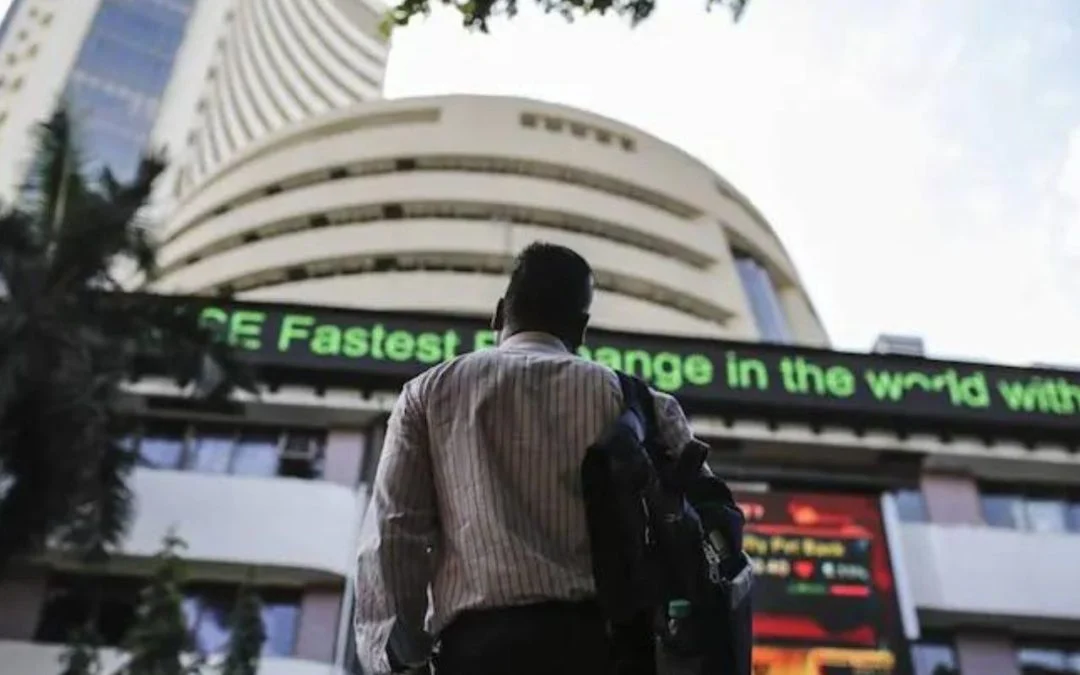Synopsis: According to Nuvama Alternative & Quantitative Index, Indian Bank is among the four potential lenders likely to be included in the Nifty Bank index, supported by its strong fundamentals, steady stock performance, and improving financial indicators.
This PSU Bank Stock, engaged in providing banking and financial services, including savings and current accounts, term deposits, loans, corporate banking, investment, insurance, and digital banking solutions, is currently in focus due to its potential inclusion in the Nifty Bank index.
With a market capitalization of Rs. 1,18,371.19 crore, the shares of Indian Bank were currently trading at Rs. 878.80 per equity share, rising nearly 2.31 percent from its previous day’s close price of Rs. 859.
What is the news?
Indian Bank has shown strong performance in 2025, with its stock gaining around 69.97 percent so far this year. Over the last five years, the stock’s value has increased by more than 1,362.51 percent, or more than 13.63 times, reflecting steady growth and investor confidence.
In the September quarter, Indian Bank reported a 6 percent rise in core income and an 11.50 percent increase in net profit compared to last year. Its asset quality also improved, with both gross and net NPAs declining.
This strong performance, along with SEBI’s draft proposal to revise the weightage of top stocks in non-benchmark indices, has boosted investor optimism. The change could lead to Indian Bank’s inclusion in the Nifty Bank index, attracting more institutional investors and improving liquidity.
Analyst Viewpoints:
Analysts at Nuvama Alternative & Quantitative Index believe Indian Bank is among the top contenders for inclusion in the Nifty Bank index. The bank’s strong fundamentals and steady stock performance make it one of the four potential lenders likely to be added. If included, Indian Bank could attract foreign and domestic inflows of nearly $72 million, boosting its market visibility and trading volumes.
Nuvama also noted that Indian Bank is a potential candidate for inclusion in the MSCI Index by February 2026. This move could bring additional inflows of around $200 million, further enhancing investor confidence and reinforcing the bank’s position among leading public sector lenders.
Company Overview:
Indian Bank was established in 1907 in Chennai during the Swadeshi movement, born out of the failure of a British-owned bank. It became a government-owned public sector bank in 1969 and has grown significantly through strategic expansions and mergers, notably the amalgamation with Allahabad Bank in 2020.
The bank offers a broad range of banking products and services, including personal banking, corporate banking, loans, deposits, credit cards, and digital banking solutions. It caters to retail customers, small businesses, and corporate clients, aiding financial inclusion and economic growth across India.
Indian Bank has a widespread presence with over 5,955 branches and ATMs nationwide and international branches in Sri Lanka and Singapore. The bank emphasizes digital innovation and security, reflected in its ISO certifications and continued modernization of banking infrastructure and services.
Recent quarter results:
Coming into financial highlights, Indian Bank’s net interest income has increased from Rs. 6,215.51 crore in Q1 FY25 to Rs. 6,588.57 crore in Q1 FY26, which has grown by 6 percent. The net profit has also grown by 10.97 percent from Rs. 2,740.03 crore in Q1 FY25 to Rs. 3,040.53 crore in Q1 FY26.
Indian Bank’s net interest income and net profit have grown at a CAGR of 8.96 percent and 20.91 percent, respectively, over the last three years.
In terms of return ratios, the company’s ROCE and ROE stand at 6.38 percent and 17.1 percent, respectively. Indian Bank has an earnings per share (EPS) of Rs. 83.7, and its debt-to-equity ratio is 10.6x.
Written By – Nikhil Naik
Disclaimer

The views and investment tips expressed by investment experts/broking houses/rating agencies on tradebrains.in are their own, and not that of the website or its management. Investing in equities poses a risk of financial losses. Investors must therefore exercise due caution while investing or trading in stocks. Trade Brains Technologies Private Limited or the author are not liable for any losses caused as a result of the decision based on this article. Please consult your investment advisor before investing.






